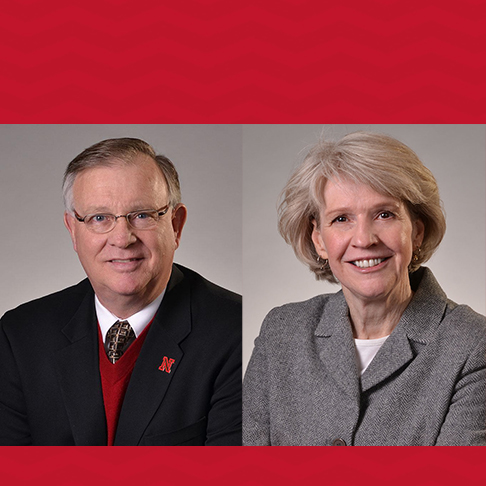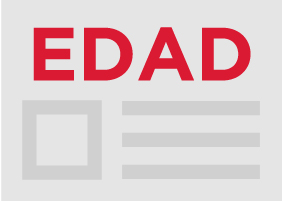Two-way communication builds trust
It can be lonely as a principal. Mary Beth Lehmanowsky and Kent Mann know this only too well. Both served for years in Nebraska public and private schools as principals. As professors of practice in the department of Educational Administration (EDAD), their familiarity with the challenges of school administration are being used to prepare a new generation of school leaders and to support those currently serving communities across the state.
In addition to her instructional role, Lehmanowsky is emphasizing outreach to help impact those in K-12 leadership positions. For the past few years, she has been meeting monthly, one-on-one with a handful of school principals to be a sounding board, a friend and a trusted resource for navigating the difficult waters of the principalship.
“It’s been 10 years since I’ve been a building leader,” says Lehmanowsky, “but the thing I can offer is perspective. I tell them up front this isn’t a mentoring relationship. I serve as a listener. I’m not writing about anything. I’m not keeping data.”
The topics are wide-ranging. Personnel management. Parental engagement. Work-life balance. Student management. Doing more with less. Managing social media. For Angie Plugge, principal at Dawes Middle School in Lincoln, the experience has been profound—personally and professionally.
“There has never been a time when she has told me what to do or what she would do,” said Plugge, also an EDAD doctoral student. “She listens to validate my thinking and decisions while asking questions to help me consider different alternatives or to evaluate what I am doing or where I am going. Our relationship has provided me with feedback, coaching, support and encouragement. We talk, we laugh, and I always leave feeling more hopeful about tomorrow.”

Mann’s outreach to Nebraska educators includes serving in an ex-officio role on the Greater Nebraska Superintendents group. Four times a year 30 superintendents from across the state gather to discuss current issues and to hear from state senators and advocacy groups. It’s a safe environment where superintendents talk honestly about tough issues and the future of public schools in Nebraska.
“It’s only been six years since I sat in the principal’s chair,” Mann said, “but schools have changed. At these meetings, I have a chance to dialogue with practitioners in the field. They are a barometer for reality.”
While Mann is able to stay current on issues facing Nebraska school leaders, he’s also providing feedback to superintendents about the administrator preparation programs in the Department of Educational Administration. It’s a line of communication that has worked well and is especially helpful because it’s a two-way line.
“I also find out what they think about the job we’re doing preparing new principals with the curriculum that we have,” says Mann. “Are our students coming to their district with a capacity and understanding for leadership responsibilities? Do they have the leadership strategies and skills that districts expect? There’s no judgment of our program and no holds barred. They would have no problem saying, ‘you guys are missing the mark.’”
Fortunately, the feedback is almost always positive. Involving experienced school administrators in the design and delivery of instruction is no doubt one reason why. Mann and Lehmanowsky have maintained a connection with the field—to stay relevant and to provide a service to their students and to practicing administrators.
The open ear willing to listen and the open line of communication is paying dividends to the EDAD department, its students and to school leaders across the state. And possibly there’s a few principals out there who find their journey a little less lonely.

